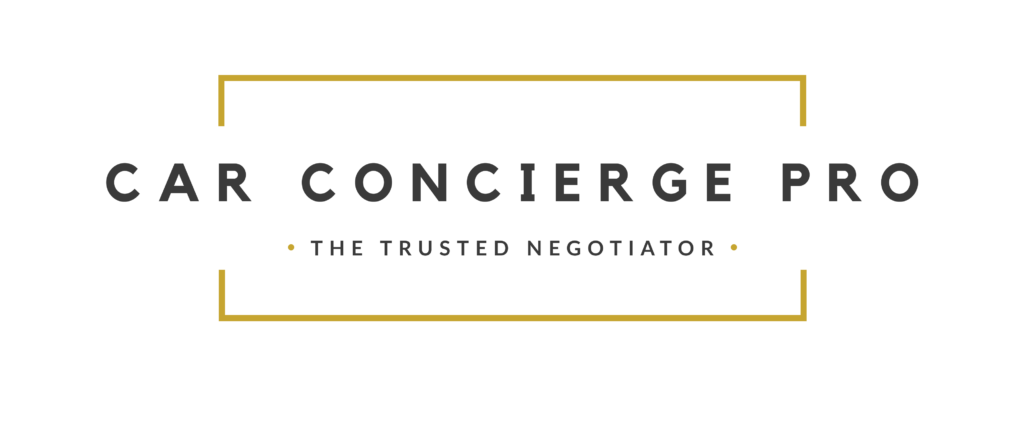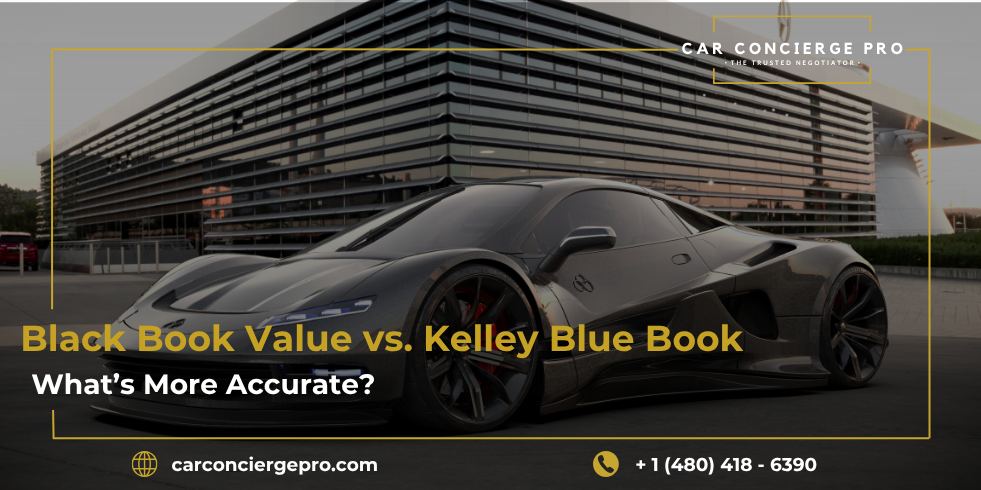Understanding Vehicle Valuation in 2025: Why It Matters More Than Ever
In 2025, the used car market has become more volatile, with pricing influenced by everything from fluctuating interest rates to tighter inventory supply. Whether you’re trading in, buying, or selling a vehicle, understanding your car’s true worth is non-negotiable. Two of the most widely consulted sources for vehicle pricing are Black Book Value and Kelley Blue Book (KBB). But which one offers more accurate pricing in today’s market?
This detailed guide will break down the key differences between Black Book Value and Kelley Blue Book, explore their methodologies, reveal how each platform gathers its data, and examine their relevance in 2025 for both individual buyers and professionals in the blackbook auto space.
What Is Black Book Value?
Black Book Value is a data-driven metric used primarily within the automotive industry, especially by dealerships, lenders, and leasing companies. It focuses on wholesale values derived from daily auction data, adjusted for vehicle condition, region, and market demand. Unlike consumer-facing platforms, Black Book is more aligned with what professionals would pay or accept for a vehicle.
In 2025, the accuracy of Black Book Value has increased thanks to real-time data integrations and AI-driven trend forecasting. However, Black Book is still more commonly used behind the scenes. If you’re asking yourself, “What’s my car’s black book value car right now?” — the answer is likely only available to professionals unless you use a paid or third-party concierge service.
Kelley Blue Book (KBB): The Consumer’s Reference
Kelley Blue Book, on the other hand, is designed with the retail consumer in mind. It offers trade-in, private party, and dealer retail values based on a blend of auction results, transaction data, and user input. The results are presented in a user-friendly format that assumes average vehicle condition and regional modifiers.
While KBB remains a popular choice in 2025, many industry insiders argue that it can be less precise due to a reliance on broader data averages and delayed updates compared to black book value analytics.
How Black Book Gathers Data
The strength of black book value lies in its robust data collection process. As of 2025, Black Book collects over 60,000 vehicle transactions daily from auctions nationwide. It then filters these through condition grades, mileage brackets, and market segment filters. This creates a granular level of pricing accuracy that reflects current blackbook auto trends.
Each black book value car report is updated daily, making it far more reactive to market changes than weekly or monthly updates seen in some other sources.
KBB’s Methodology and Its Limitations
Kelley Blue Book aggregates historical data and relies more heavily on regression models. It often assumes “good condition” unless specified otherwise. In 2025, KBB’s interface allows more customization than before — such as options to include upgrades and geographic pricing — but it still lacks the day-to-day pricing responsiveness of black book value.
In essence, KBB is ideal for retail buyers, while black book value is more aligned with dealer strategy and accurate forecasting.
Dealer Insights: Which Value Guides Trade-In Offers?
When you walk into a dealership in 2025, chances are the trade-in value you’re being offered is based on black book value — not Kelley Blue Book. Dealerships use the blackbook auto platform because it provides a more realistic view of what the dealership can expect to recoup at auction if they don’t retail the vehicle.
If you’re trying to negotiate better trade-in terms, it’s essential to reference both values and understand the delta between the KBB estimate and the black book value car report. This is where services like CarConciergePro become instrumental.
Which Is More Accurate in 2025?
Accuracy depends on what you need the value for.
For retail sales: KBB gives you a close approximation of what you might get selling the vehicle to another consumer.
For trade-in or wholesale deals: black book value is often more realistic and aligned with the offer you’ll receive.
In 2025, professionals overwhelmingly rely on black book value because of its real-time updates and auction-driven reliability. It reflects what the market is doing right now, not just what it did last month.
Private Sellers: Don’t Get Caught Off Guard
One of the biggest mistakes private sellers make is quoting their KBB value to a dealer expecting it to be matched. Dealers will always default to the black book value car benchmark. The spread between the two can be significant — often ranging between $1,000 and $3,000 depending on the make, model, and region.
If you’re in the private sale market in 2025, it’s critical to cross-check both values. Knowing both numbers puts you in a stronger position when negotiating and helps justify your asking price to potential buyers or dealers.
Impact of Vehicle Type on Valuation Differences
Not all vehicles are impacted equally. Here’s how it breaks down in 2025:
Luxury sedans: Larger spread between KBB and black book value, especially if demand is weak.
Trucks and SUVs: Closer in value across both platforms due to high demand and low depreciation.
Electric vehicles: Volatility is high, so black book value car data tends to be more reliable for current resale value.
Understanding these nuances helps you determine when to trust blackbook auto data and when KBB might suffice.
Black Book for Lenders and Leasing: The 2025 Perspective
In the 2025 automotive finance world, black book value plays a central role in loan structuring, lease residuals, and risk mitigation. Lenders use it to assess depreciation risk and decide on loan-to-value ratios. Leasing companies also lean on black book value for setting realistic residuals and managing portfolio exposure.
As a consumer, being aware of these valuation standards can help you optimize lease terms, negotiate lower down payments, and avoid upside-down loans.
Mobile Access and App Integrations in 2025
Both blackbook auto and KBB have mobile apps, but they serve different user intents.
Black Book apps cater to dealers, brokers, and auctioneers. Access often requires a subscription or professional license.
KBB’s app is freely accessible and designed for user-friendly experiences, offering insights into financing, reviews, and comparisons.
In 2025, third-party services like CarConciergePro offer integrated reporting that uses both platforms to present clients with side-by-side comparisons, enhancing trust and negotiation power.
Why the Gap Between Black Book Value and KBB Matters
In 2025, market volatility has widened the gap between black book value and KBB estimates. This can mislead consumers who rely solely on one source. For instance, a consumer might expect a $15,000 trade-in offer based on KBB, only to be told their vehicle’s black book value is $12,000.
Being informed of both values means you’re less likely to walk away disappointed or feel “lowballed.” If you’re in the blackbook auto business or using a concierge service, this knowledge is a competitive advantage.
Pros and Cons of Each Valuation Tool
Black Book Value Pros
Real-time updates (daily)
Auction-based data
Used by dealers and lenders
High accuracy in wholesale pricing
Black Book Value Cons
Not freely accessible
Not tailored for consumer retail use
Kelley Blue Book Pros
Free and user-friendly
Multiple price points (trade-in, private, dealer)
Ideal for private sellers
Kelley Blue Book Cons
Can be outdated
Relies on broader averages
Less useful for dealership trade-ins
Best Use Cases for Black Book Value in 2025
Trading in your car at a dealership
Leasing a new vehicle and evaluating residual value
Refinancing or taking an auto loan
Wholesale flipping and dealer-to-dealer transactions
Each of these use cases relies on the black book value car metric to maximize ROI and minimize market risk.
Where to Get Black Book Value Reports
While KBB reports are free, black book value typically requires access through:
Dealer platforms
Financial institutions
Concierge services
Paid subscriptions
However, platforms like Car Concierge Pro provide clients with insider access to real blackbook auto insights, giving private buyers and sellers a professional edge.
Conclusion: Which One Should You Use?
If you’re an average consumer looking to sell privately, KBB provides a solid estimate. But if you’re engaging in trade-in, leasing, or dealership transactions, black book value is far more accurate and relevant in 2025. Understanding both allows you to navigate the market more strategically.
For professionals, the black book value car metric is essential. It reflects current wholesale dynamics and provides a sharper picture of depreciation trends, helping you make smarter, faster decisions.
Work with CarConciergePro to Unlock Real Market Value
At Car Concierge Pro, we provide end-to-end support for buyers and sellers who want expert help in navigating the car market. Our services include:
Side-by-side analysis of black book value and KBB estimates
Negotiation support with dealers and lenders
Auction data insights only available to industry insiders
Trade-in optimization and fair market value guarantees
By leveraging blackbook auto data, deep industry connections, and proprietary tools, Car Concierge Pro ensures that you don’t just buy or sell a car — you win the deal.
Let the numbers work for you, not against you. Partner with CarConciergePro to unlock the real black book value of your next car move.





